Cao Bang, with its pristine landscape, rich culture and kind people, is emerging as an ideal destination for that slow journey. In the past, many tourists coming to Cao Bang often only stopped for a day, visited the Pac Bo National Special Monument or Ban Gioc Waterfall and then hurriedly returned. But now, that journey is gradually changing. Tourists not only go to see the scenery, but also to slow down and feel more. Ms. Nguyen Huyen Trang, a tourist from Hanoi, shared: I used to travel very quickly, only had time to take a few pictures and then continue. But when I came to Cao Bang, I wanted to stay longer. In the morning, I walked around the villages, in the afternoon I returned to join the daily life of the people, and in the evening I sat and listened to Then singing. That feeling made me feel like I was really living, not just traveling.
From trips like that, many people began to consider Cao Bang as a place to relax their souls. Every day here passes gently amidst the sound of babbling streams, birds chirping on the stilt houses and the genuine smiles of the highlanders. No need for a tight schedule, just a morning at the market or an afternoon strolling on the road around the village watching the sunset is enough for visitors to feel the rustic beauty of the border region.
“Slow travel” is not only about staying longer, but also about living in the place you visit. In the community tourism villages of Cao Bang, tourists can immerse themselves in the life of the people. They can learn how to weave, harvest rice, sing Then, play Tinh lute, etc. Ms. Hoang Thi Lan, owner of a homestay in Dam Thuy commune, said: “Visitors no longer like to just come and stay and then leave. They want to cook with us, go to the fields, and listen to village stories. Some people stay for a whole week, and come back during harvest season, saying they miss the peaceful feeling here. These simple experiences help tourists understand more about the local culture and appreciate life. They are not just people who come to see, but also become a part of the village, sharing joy and daily work with the people.

“Slow tourism” not only brings economic benefits but also helps protect the environment and preserve cultural identity. Instead of focusing on the number of visitors, the province focuses on the quality of the experience, where each visitor can fully experience the nature, culture and local people. From the perspective of a professional, Mr. Le Viet Quan, a tour guide, said: “Slow tourism” is not about traveling less, but about going deeper. The guide must know how to tell stories, listen, and connect visitors with the local culture. When they truly feel the sincerity, they will remember this land forever.
That slow pace also helps Cao Bang preserve its soul. The stilt houses covered with yin-yang tiles, the sound of the Tinh zither by the fire, or the bamboo-tube rice and five-color sticky rice with the fragrant scent of forest leaves, all create a unique identity that cannot be found anywhere else.
Cao Bang’s nature makes the slow journey even more meaningful. On a misty morning at Thang Hen Lake, visitors can sit for hours by the clear water, listening to the wind and watching the clouds drift by. At the top of Phja Oac, when the afternoon sun covers the old forest in gold, all haste seems to disappear, leaving only people and nature as one. No need for strong Wifi, no need for car horns, just a cup of hot tea and a little silence, that’s enough for a healing trip.
In the era of industrialized tourism, “slow” does not mean backward. On the contrary, it is a way to go further and be more sustainable. “Slow tourism” helps localities develop harmoniously, preserve nature, and at the same time bring tourists real emotional value.
Perhaps, that is the greatest meaning of “slow travel”, not only helping people rest after the hustle and bustle, but also opening up a new way of life: living slowly, living deeply and living every moment in the middle of the mountainous borderland.
Source: https://baocaobang.vn/du-lich-cham-hanh-trinh-khong-chi-la-diem-den-3181816.html


![[Photo] Fall Fair 2025 and impressive records](https://vphoto.vietnam.vn/thumb/1200x675/vietnam/resource/IMAGE/2025/11/03/1762180761230_ndo_br_tk-hcmt-15-jpg.webp)
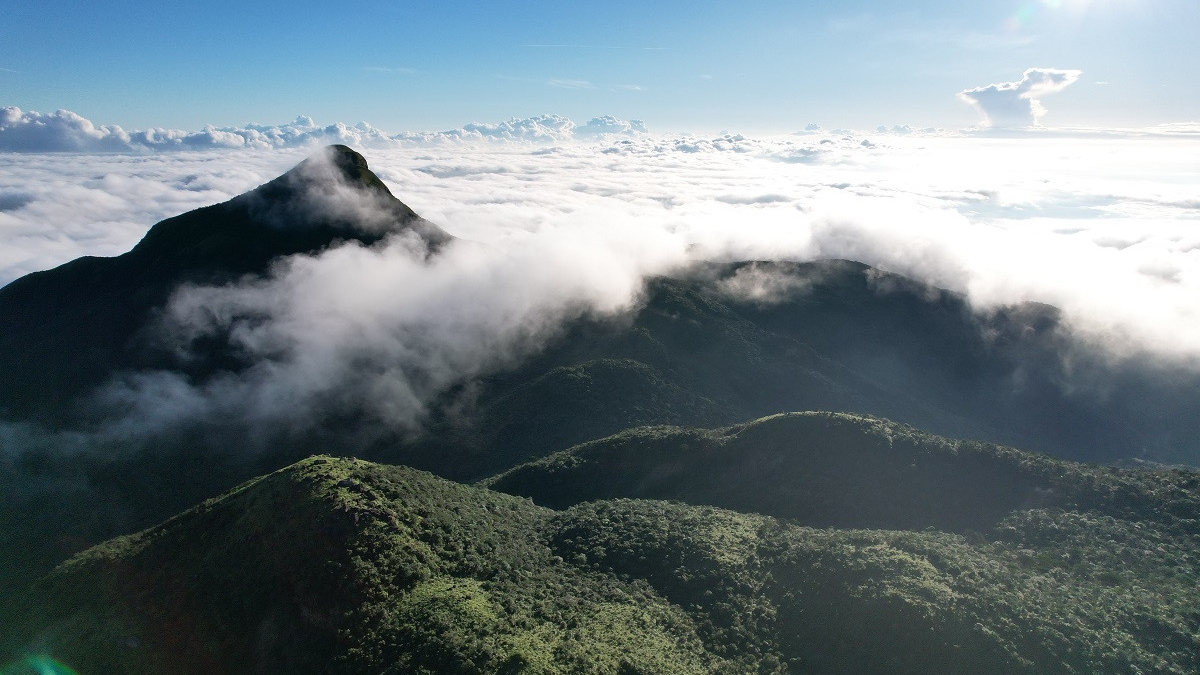
![[Photo] Lam Dong: Close-up of illegal lake with broken wall](https://vphoto.vietnam.vn/thumb/1200x675/vietnam/resource/IMAGE/2025/11/03/1762166057849_a5018a8dcbd5478b1ec4-jpg.webp)
![[Photo] Prime Minister Pham Minh Chinh receives the Chairman of the Japan-Vietnam Friendship Association in the Kansai region](https://vphoto.vietnam.vn/thumb/1200x675/vietnam/resource/IMAGE/2025/11/03/1762176259003_ndo_br_dsc-9224-jpg.webp)
![[Photo] General Secretary To Lam receives Singaporean Ambassador Jaya Ratnam](https://vphoto.vietnam.vn/thumb/1200x675/vietnam/resource/IMAGE/2025/11/03/1762171461424_a1-bnd-5309-9100-jpg.webp)
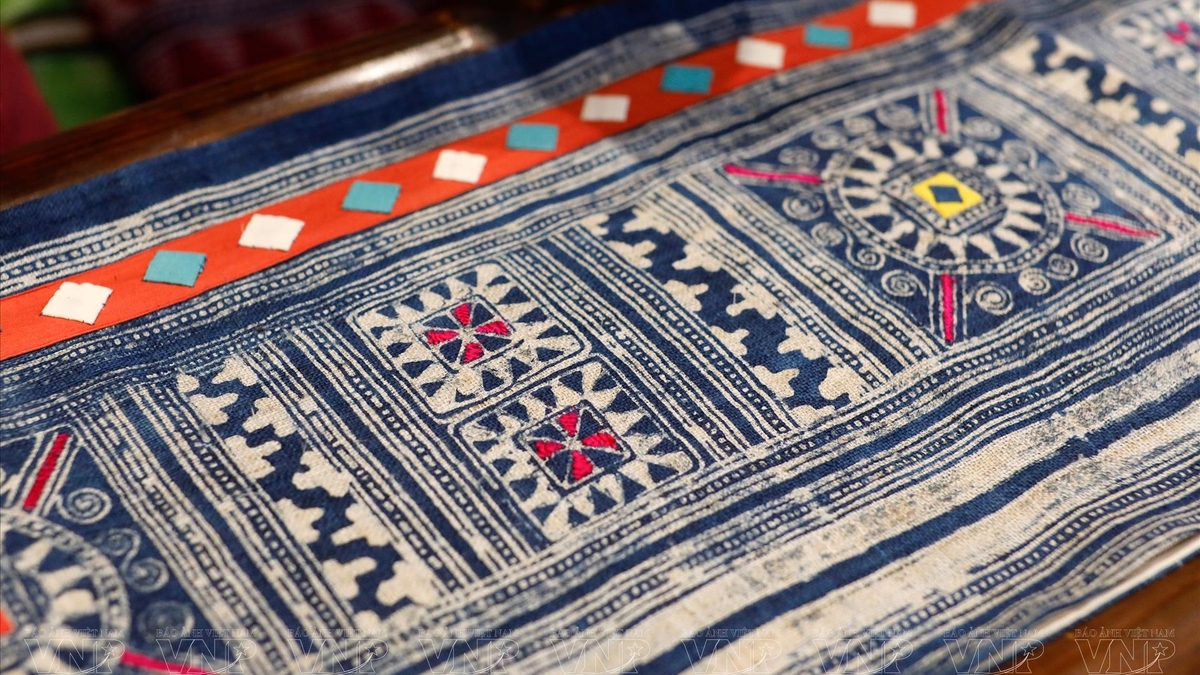
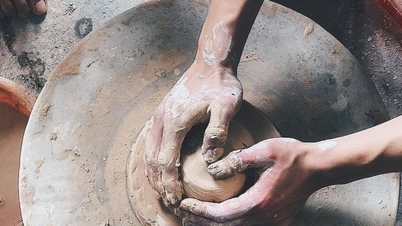

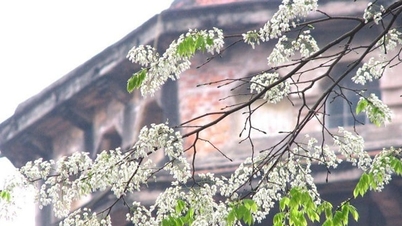
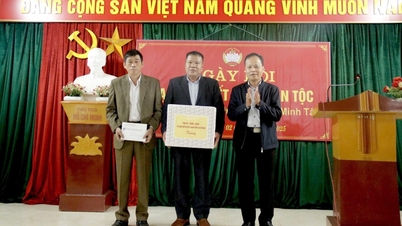



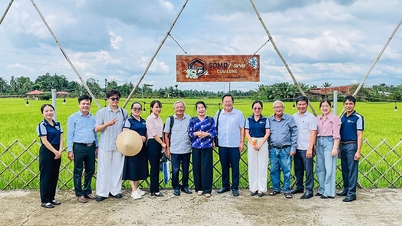

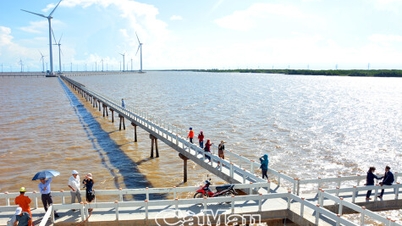





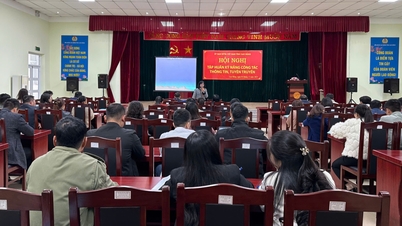
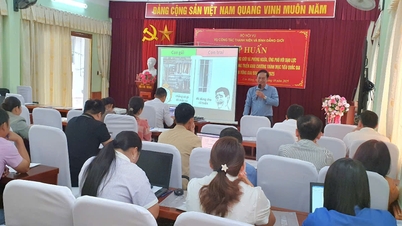
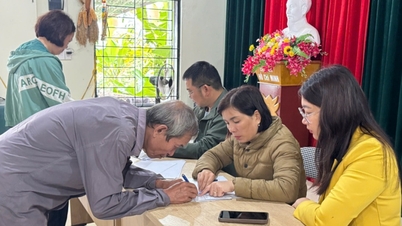


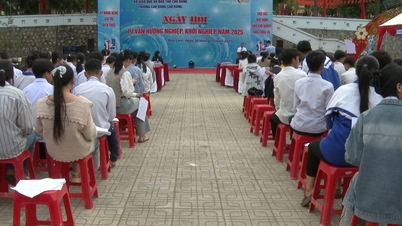























































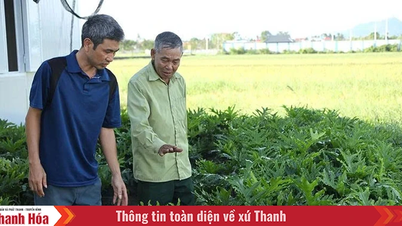

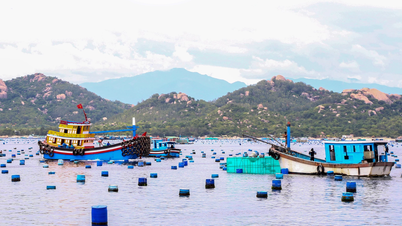




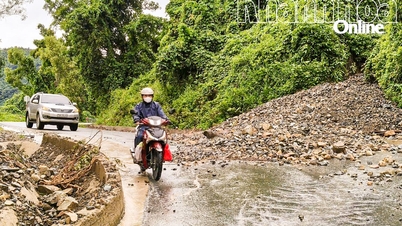














Comment (0)